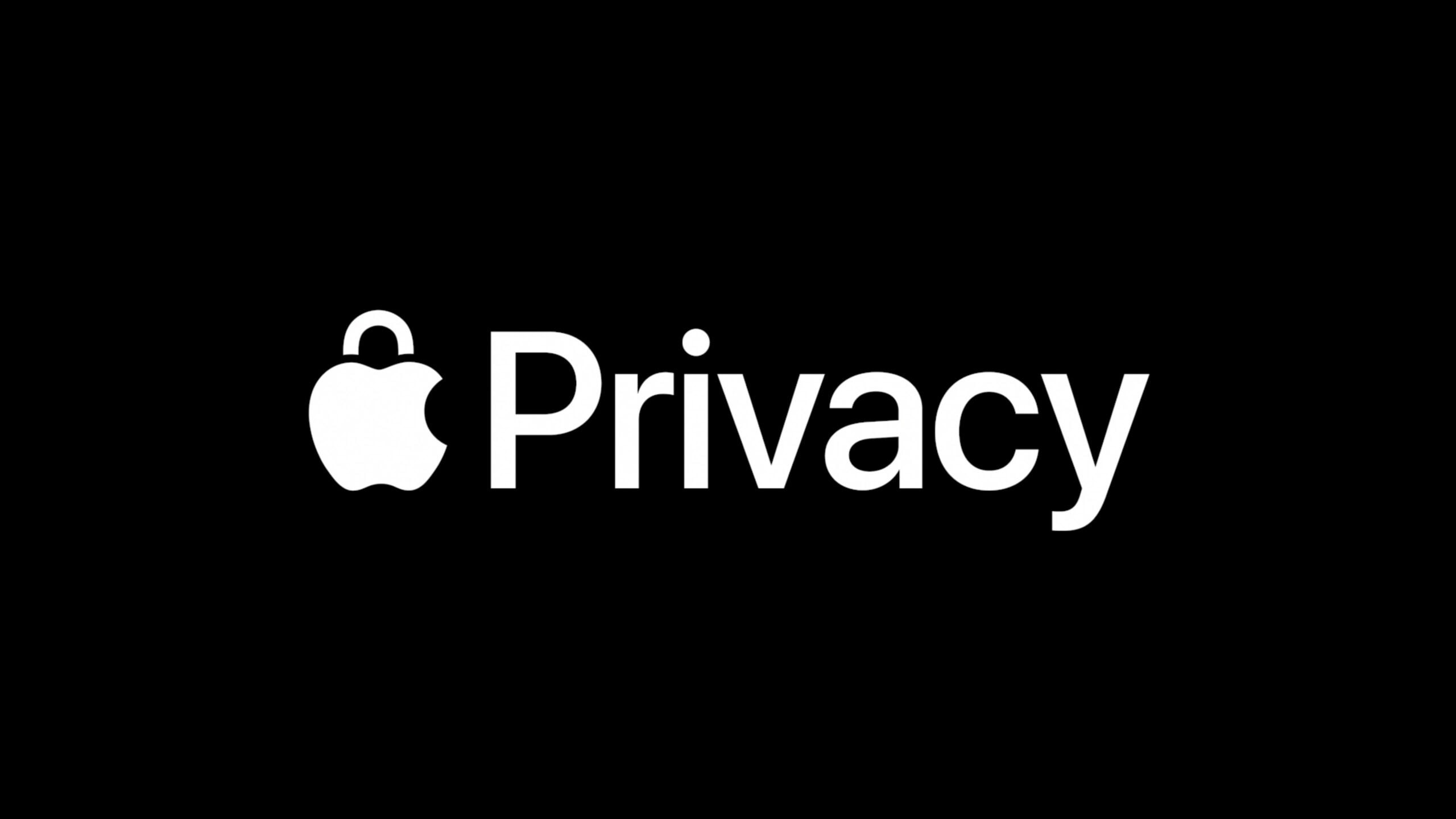 December 19, 2007: Apple settles a lawsuit with reporter Nick Ciarelli, resulting in the shuttering of Think Secret, his masssively popular Apple rumors website. Writing under the screen name Nick de Plume, the Harvard University student broke a number of Apple stories on the site, raising Cupertino’s ire.
December 19, 2007: Apple settles a lawsuit with reporter Nick Ciarelli, resulting in the shuttering of Think Secret, his masssively popular Apple rumors website. Writing under the screen name Nick de Plume, the Harvard University student broke a number of Apple stories on the site, raising Cupertino’s ire.
The terms of Ciarelli’s settlement with Apple remain secret. In a statement, he says he will “be able to move forward with my college studies and broader journalistic pursuits.”


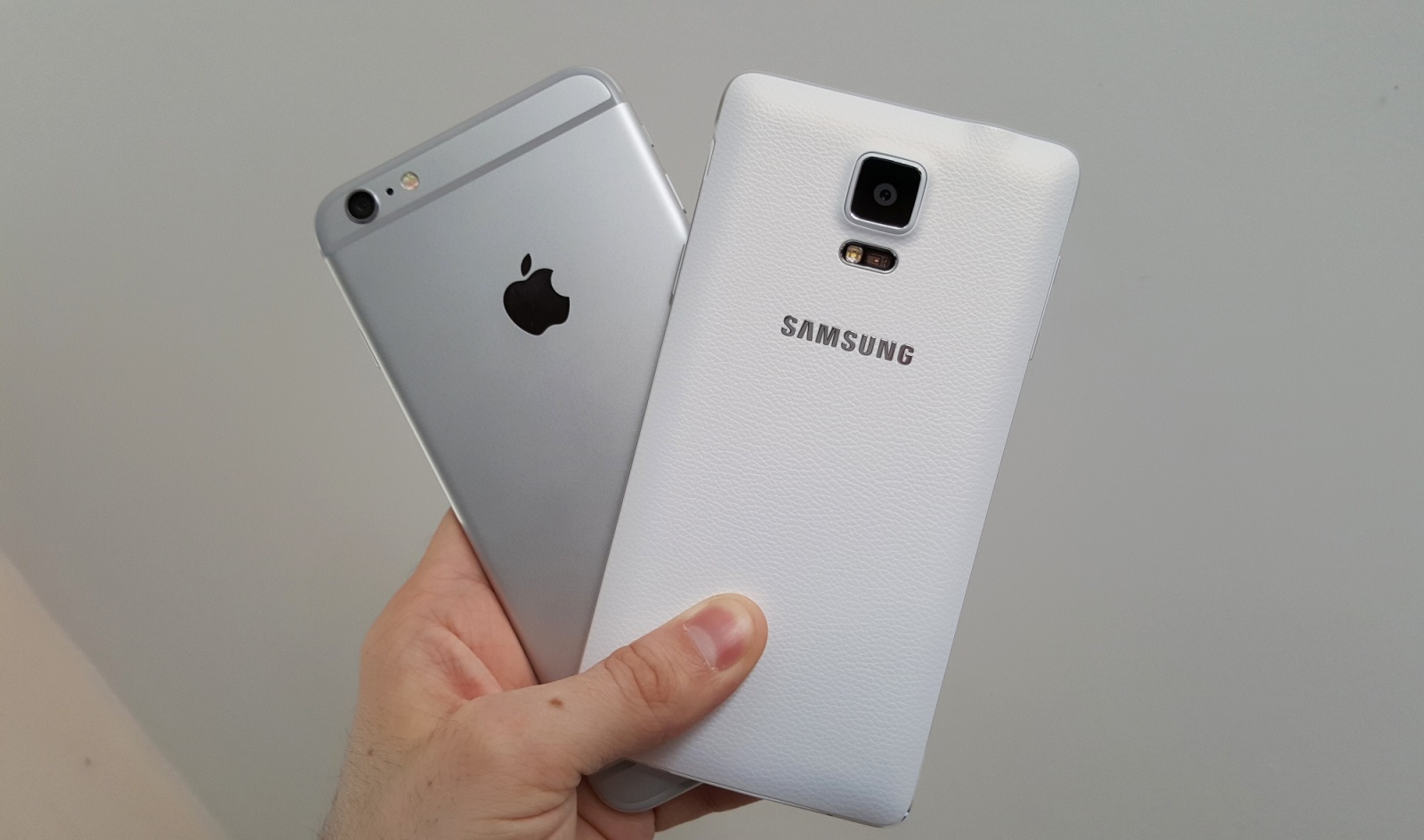
 November 13, 2013: Apple and Samsung head back to court to determine how much the Korean company must pay for having copied the
November 13, 2013: Apple and Samsung head back to court to determine how much the Korean company must pay for having copied the 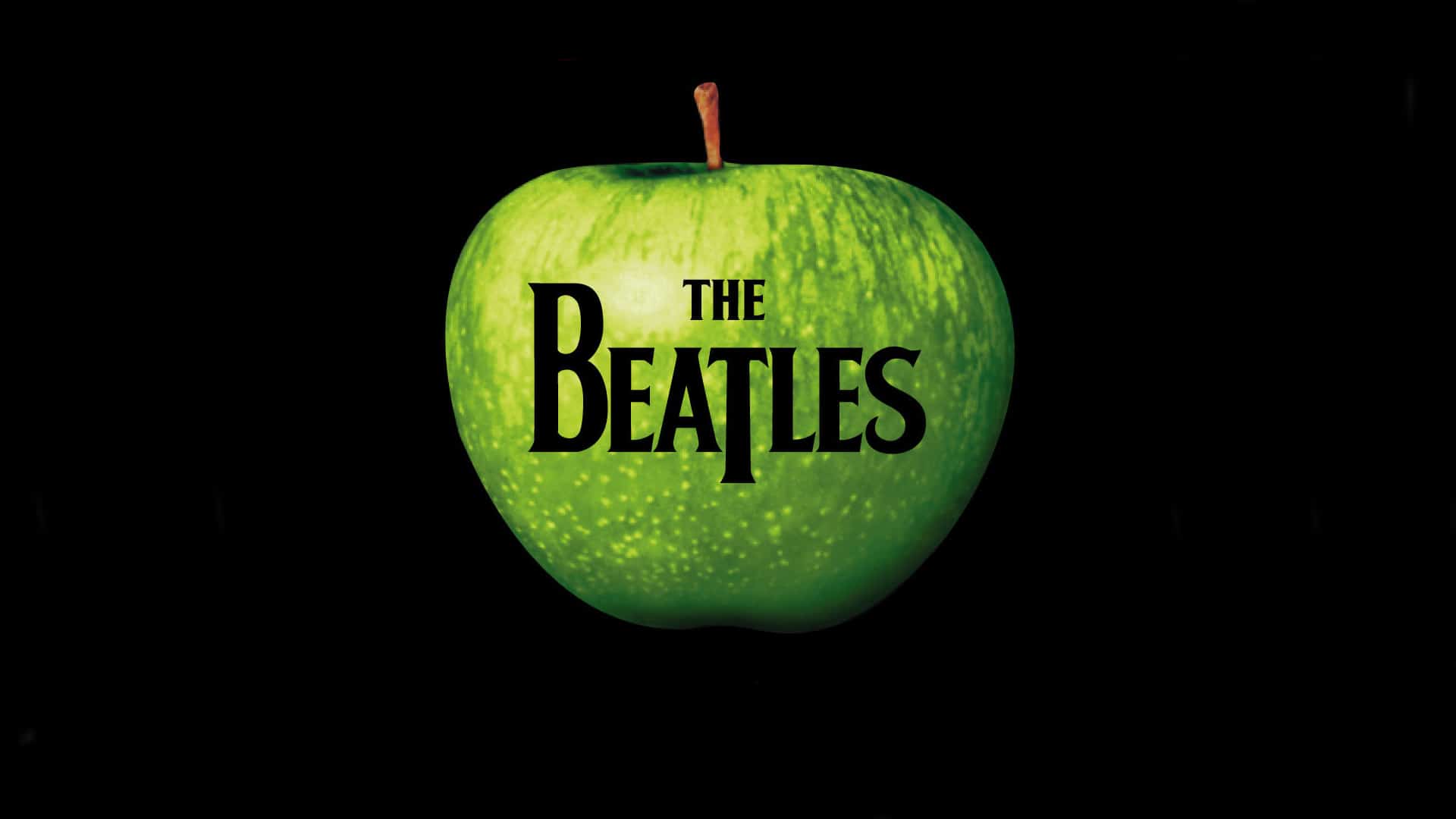
 October 9, 1991: A court orders Apple to pay $26.5 million to Apple Corps, The Beatles’ record label and holding company, for trademark infringement. The end of this Beatles versus Apple lawsuit marks the second time Cupertino is forced to pay the English rock band.
October 9, 1991: A court orders Apple to pay $26.5 million to Apple Corps, The Beatles’ record label and holding company, for trademark infringement. The end of this Beatles versus Apple lawsuit marks the second time Cupertino is forced to pay the English rock band.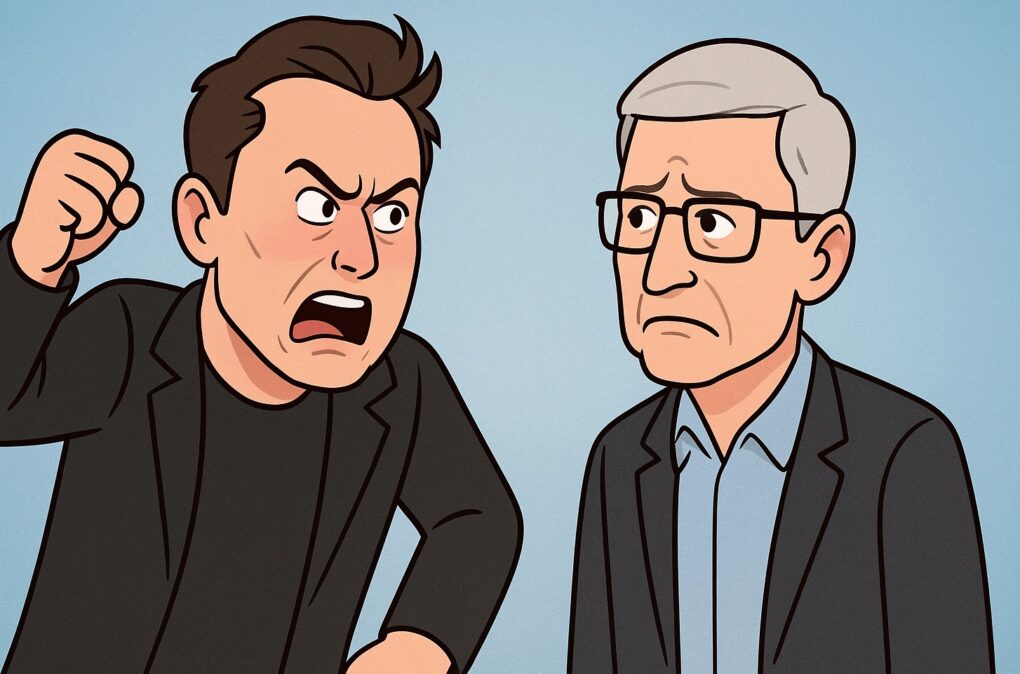
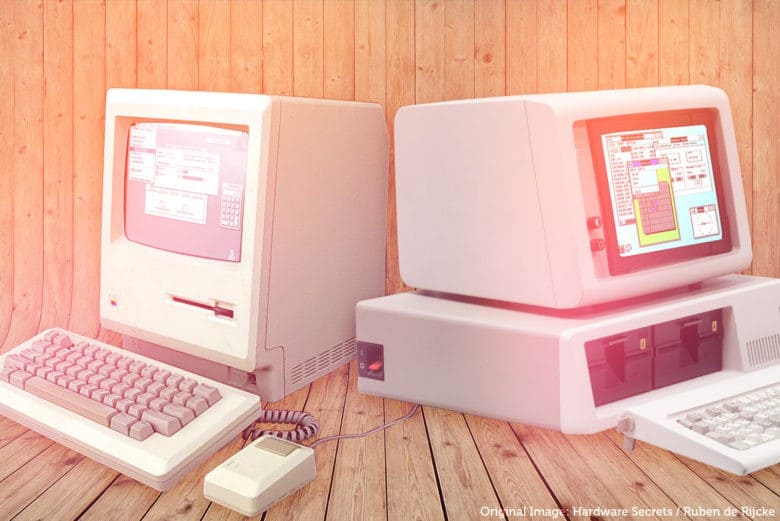
 August 14, 1991: As Apple and Microsoft head to court to battle each other, the tide begins to turn against Cupertino and its claims that Windows unlawfully copies the look and feel of Mac OS. A judge’s ruling calls into question the basic tenet of Apple’s copyright lawsuit against Microsoft over Windows 2.03.
August 14, 1991: As Apple and Microsoft head to court to battle each other, the tide begins to turn against Cupertino and its claims that Windows unlawfully copies the look and feel of Mac OS. A judge’s ruling calls into question the basic tenet of Apple’s copyright lawsuit against Microsoft over Windows 2.03.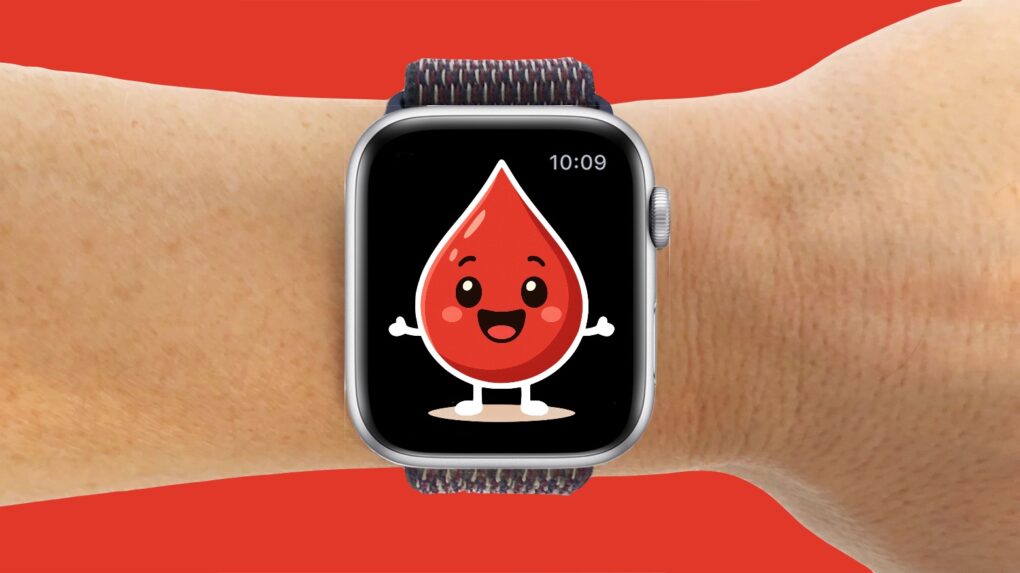

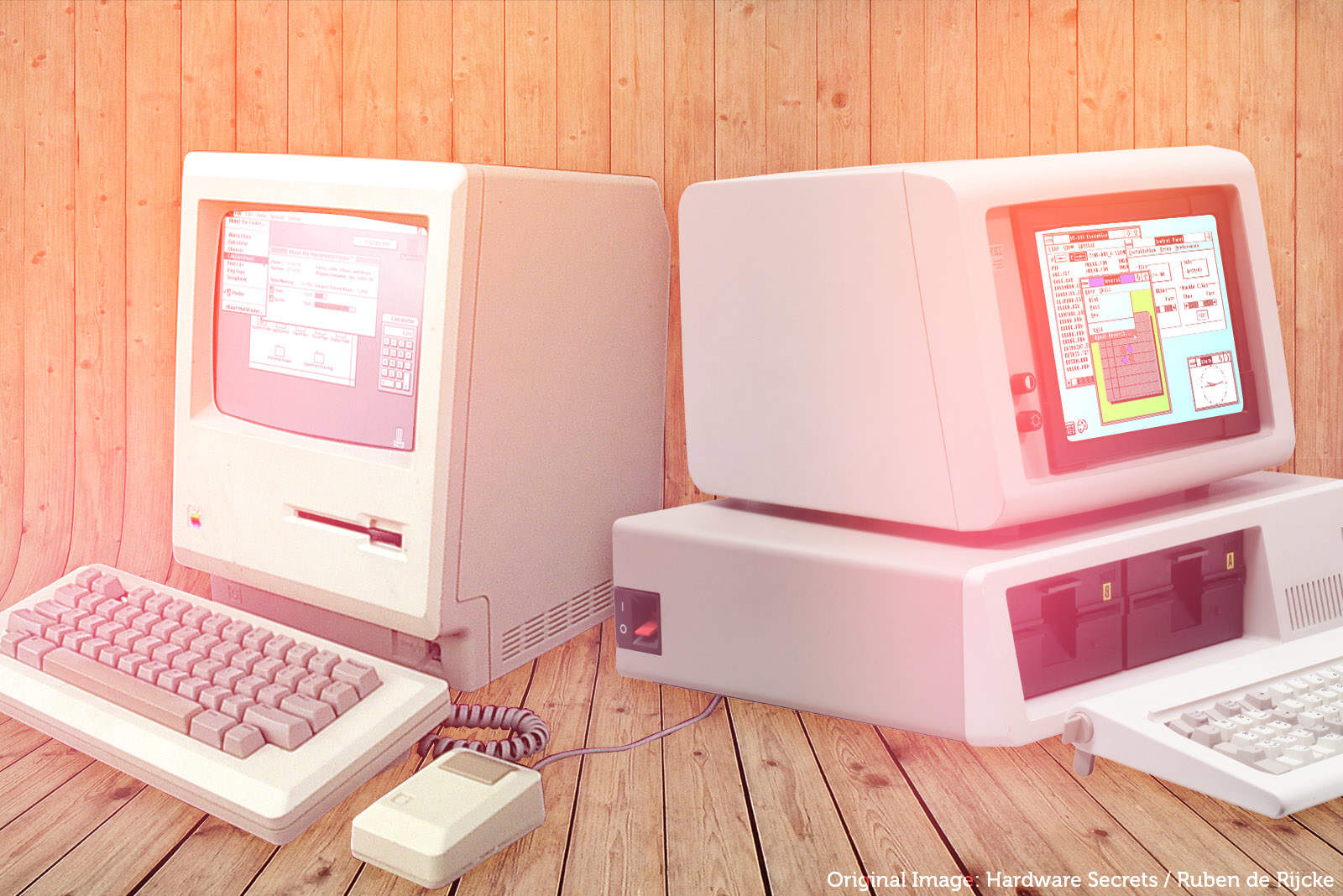
 July 25, 1989: Apple suffers a major setback in its copyright-infringement lawsuit against Microsoft for allegedly stealing the Mac’s “look and feel” to create Windows.
July 25, 1989: Apple suffers a major setback in its copyright-infringement lawsuit against Microsoft for allegedly stealing the Mac’s “look and feel” to create Windows.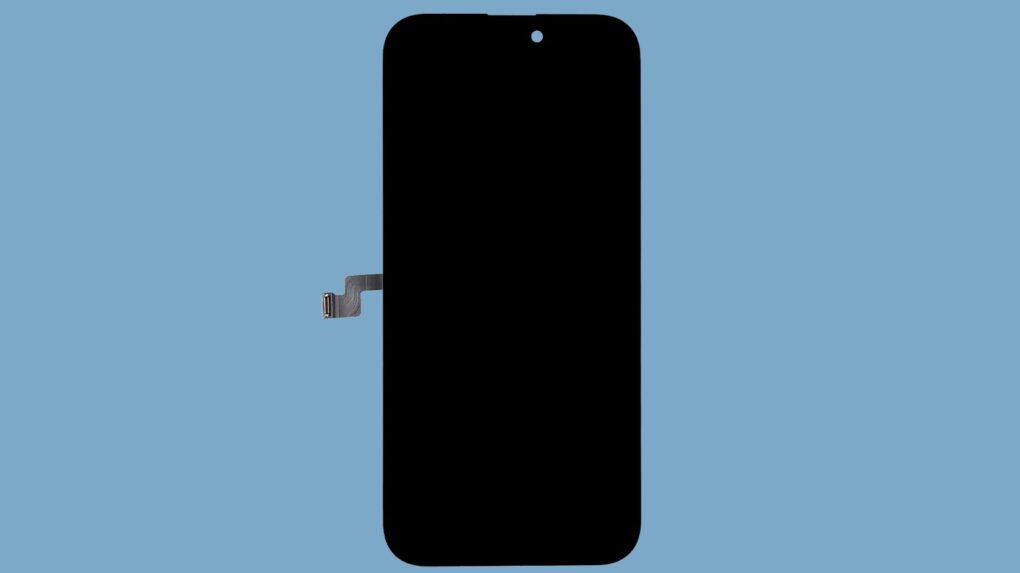

 June 13, 2013: Apple exec
June 13, 2013: Apple exec 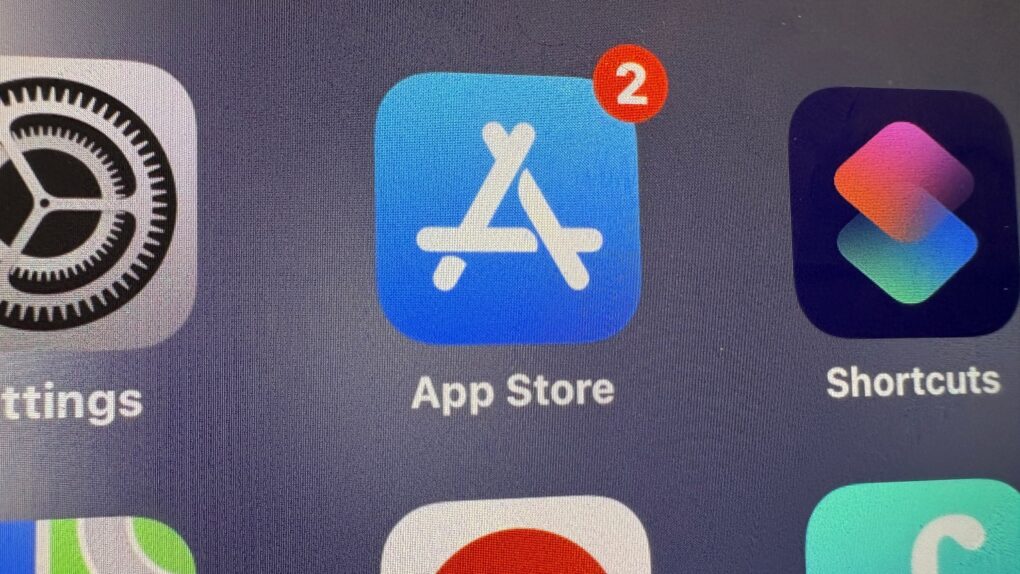
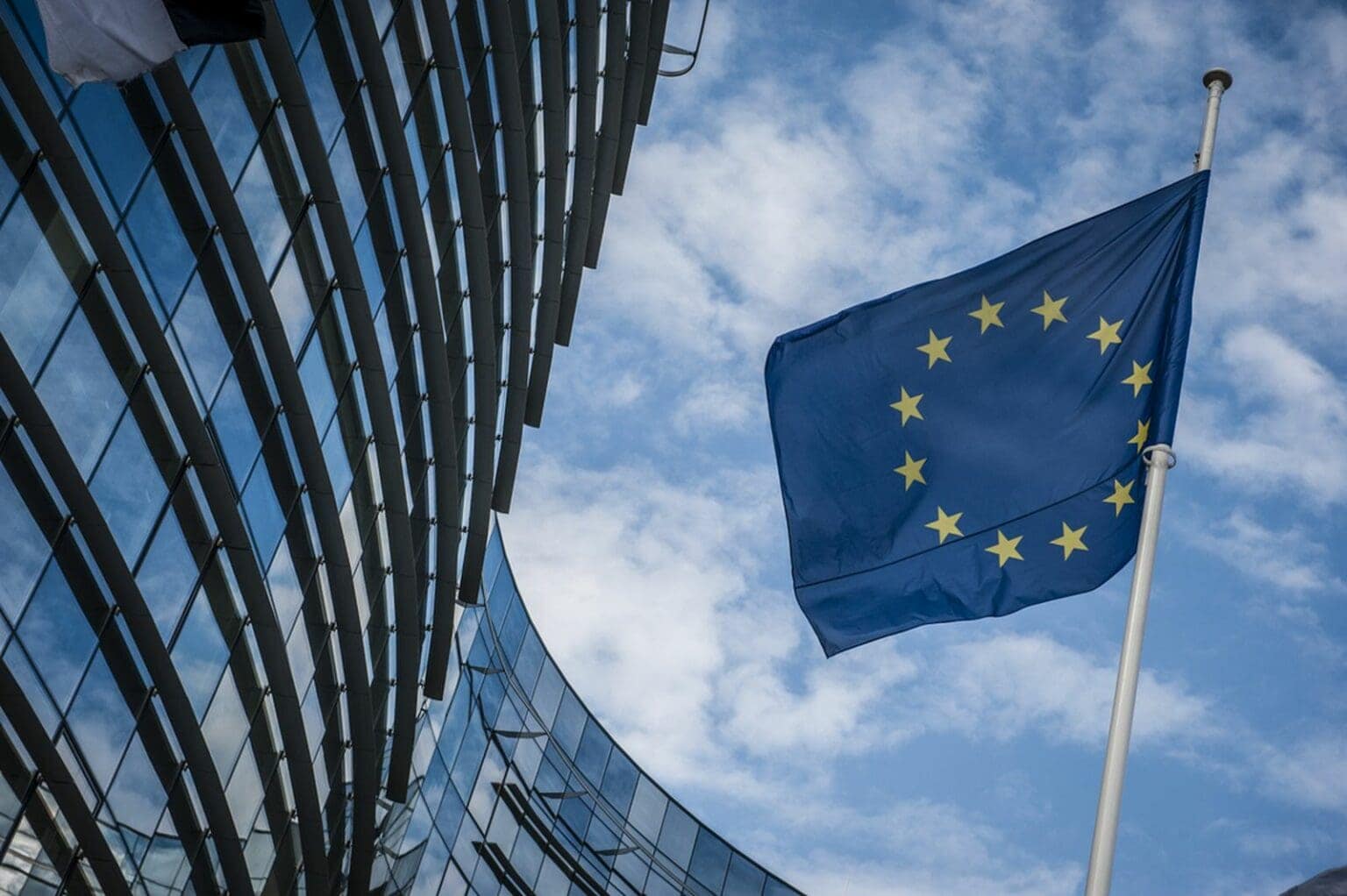

![Apple blocks Fortnite return to US iPhone App Store [Updated] Screenshot promoting](https://www.cultofmac.com/wp-content/uploads/2025/05/Fortnite-Star-Wars-1020x574.jpg)
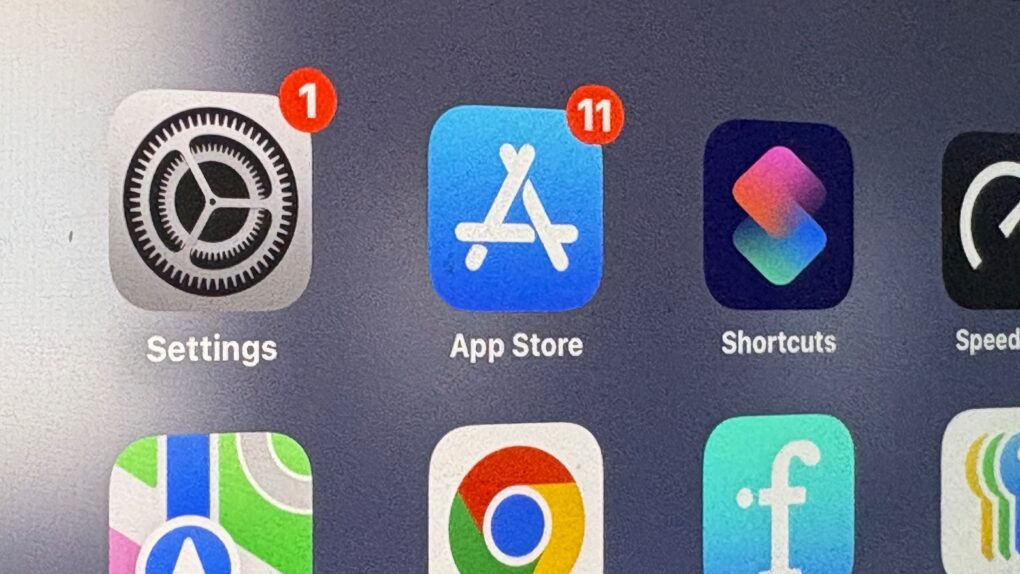
![Spotify takes advantage of new App Store payment rules [Updated] Spotify logo on iPhone](https://www.cultofmac.com/wp-content/uploads/2023/07/Spotify-logo-on-iPhone.jpg)
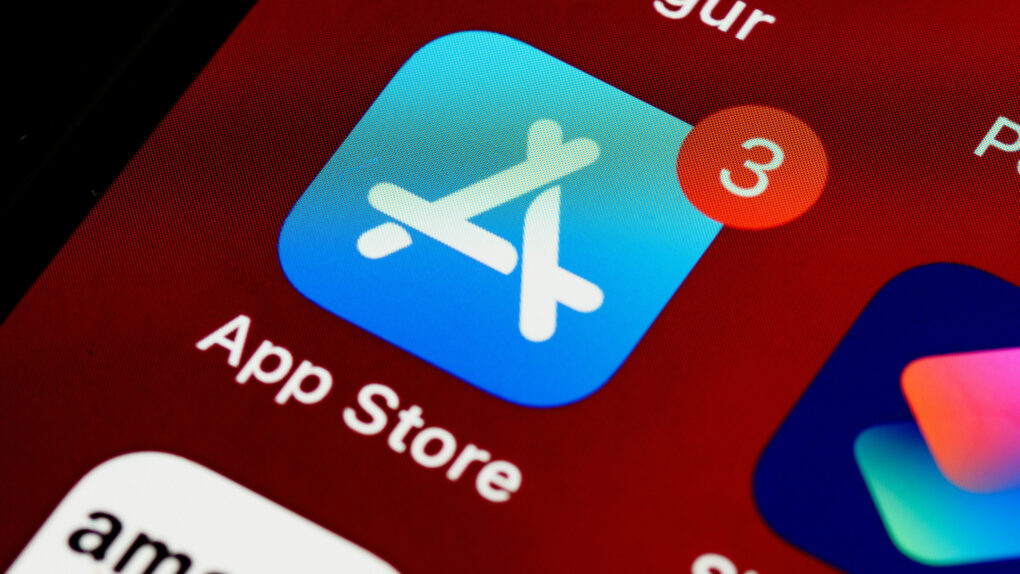

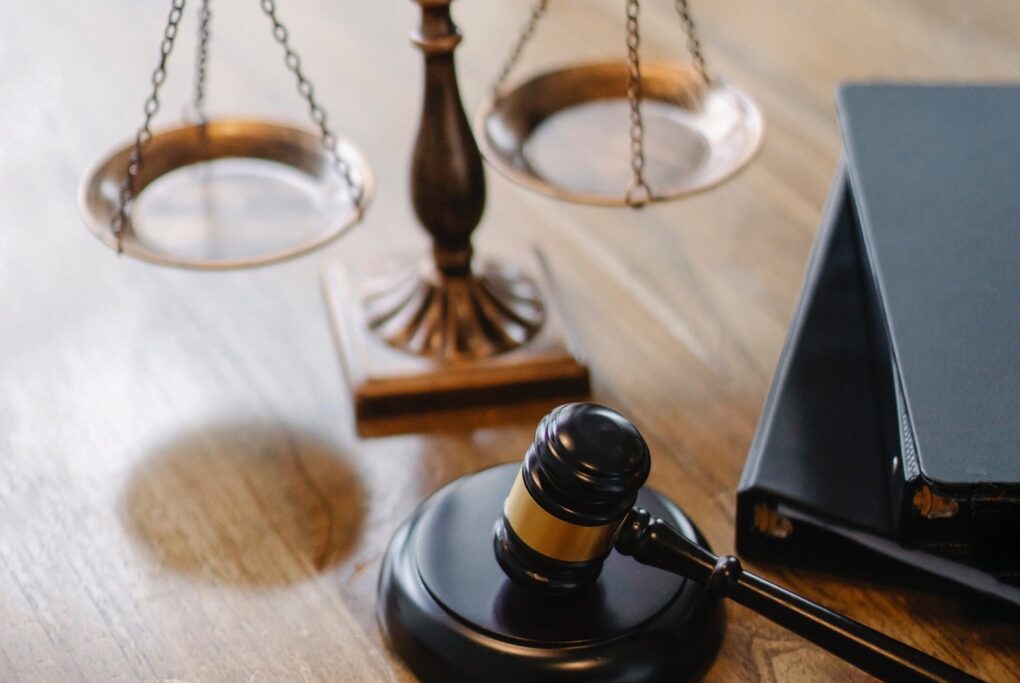
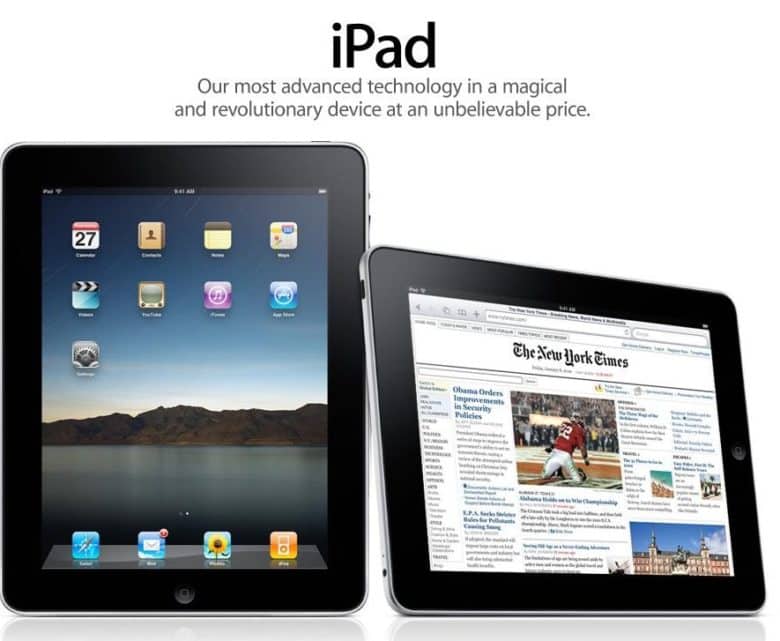
 March 26, 2010: Apple pays up to settle a trademark dispute with Japanese multinational Fujitsu over the name “iPad” in the United States.
March 26, 2010: Apple pays up to settle a trademark dispute with Japanese multinational Fujitsu over the name “iPad” in the United States.

 March 14, 1994: Apple introduces the Power Macintosh 7100, a midrange Mac that will become memorable for two reasons.
March 14, 1994: Apple introduces the Power Macintosh 7100, a midrange Mac that will become memorable for two reasons.